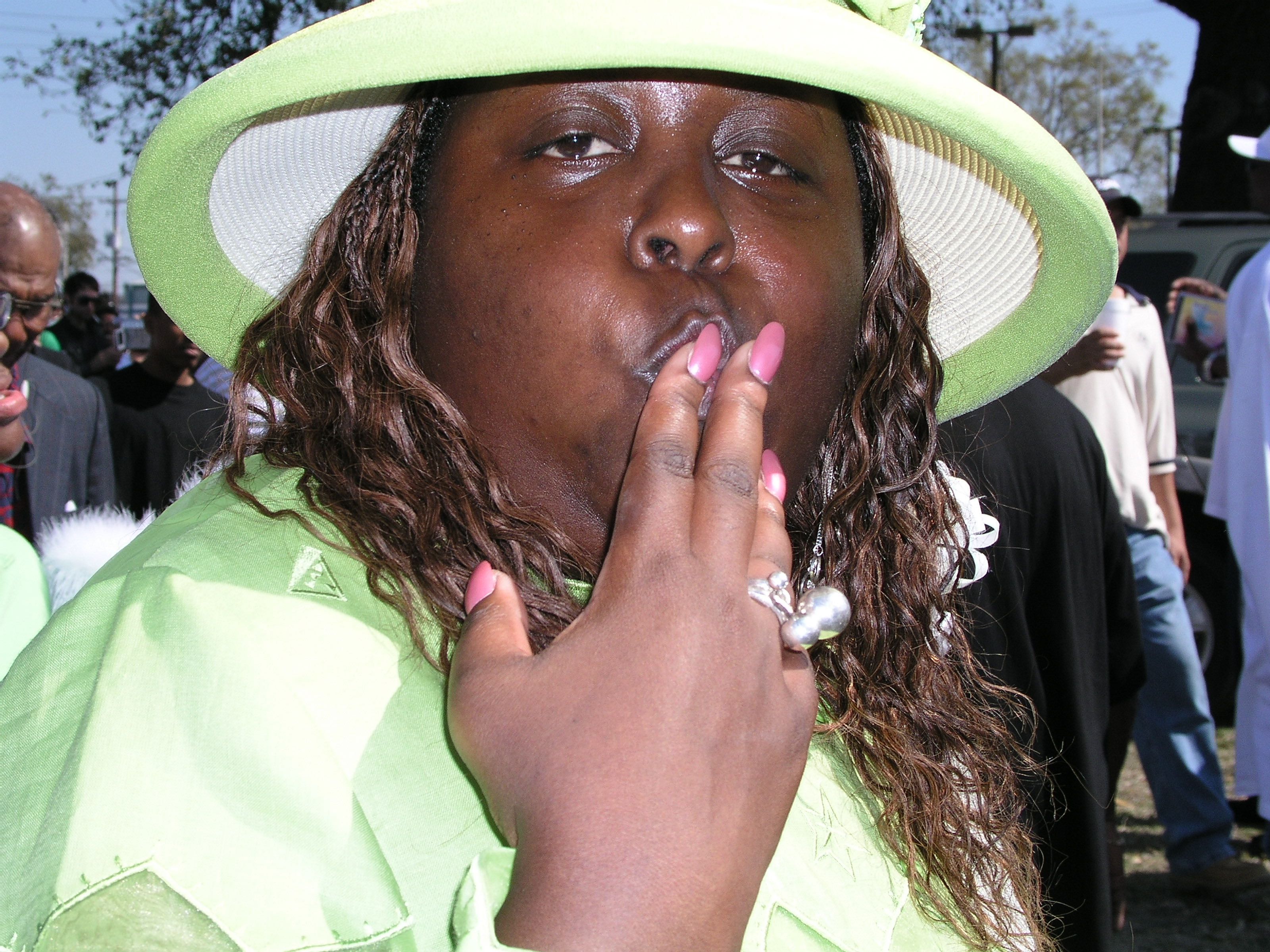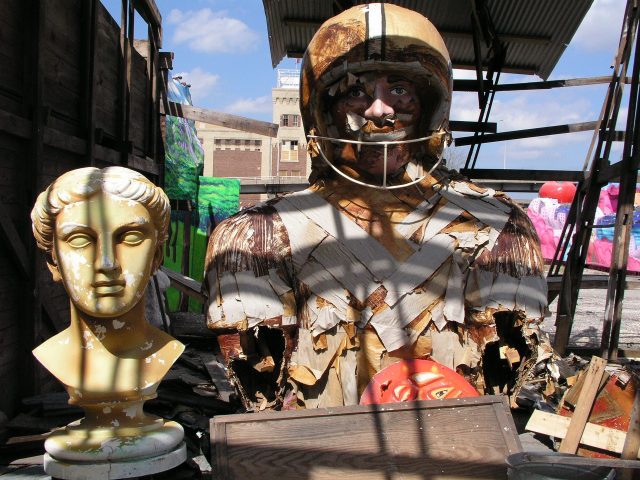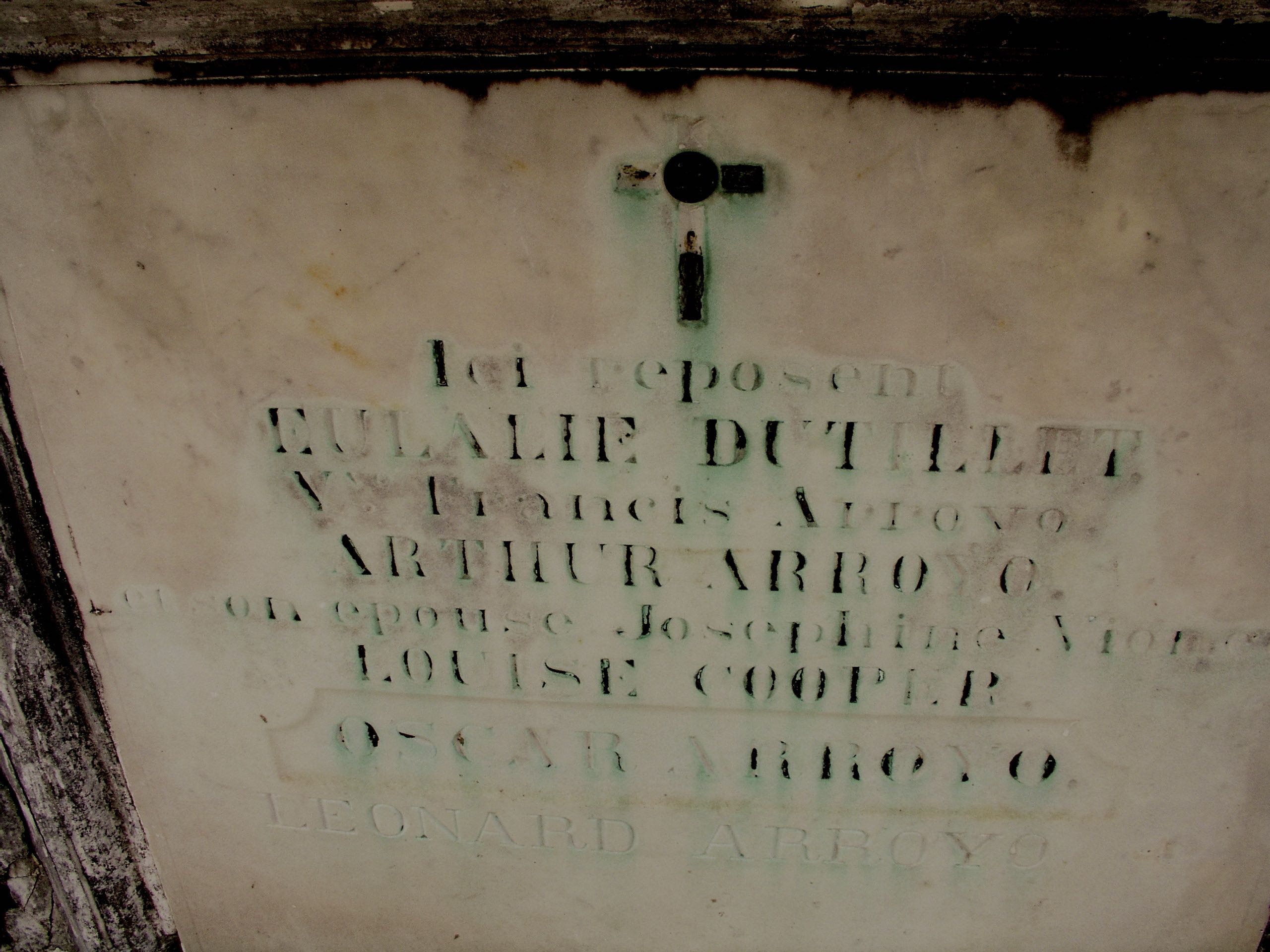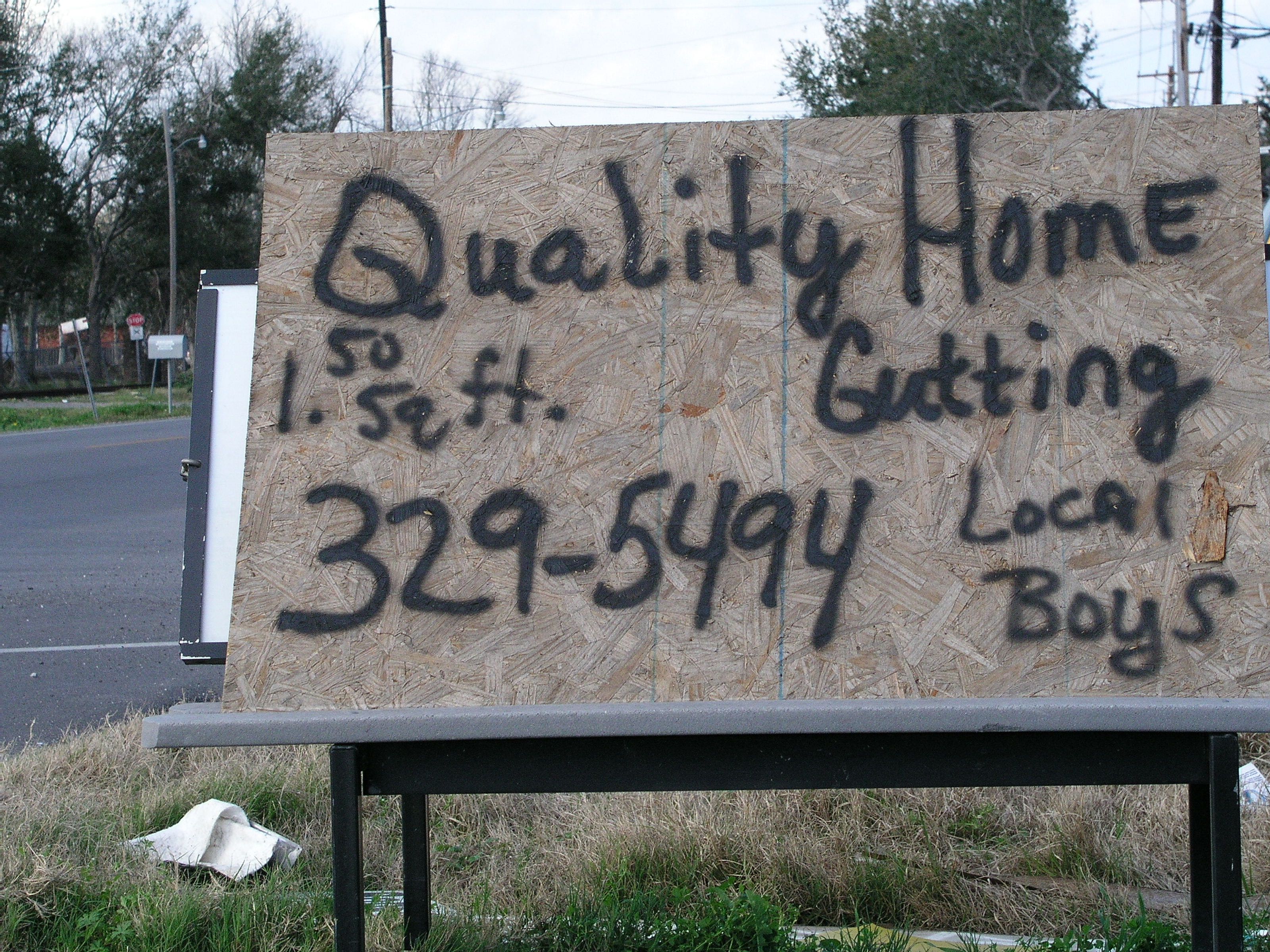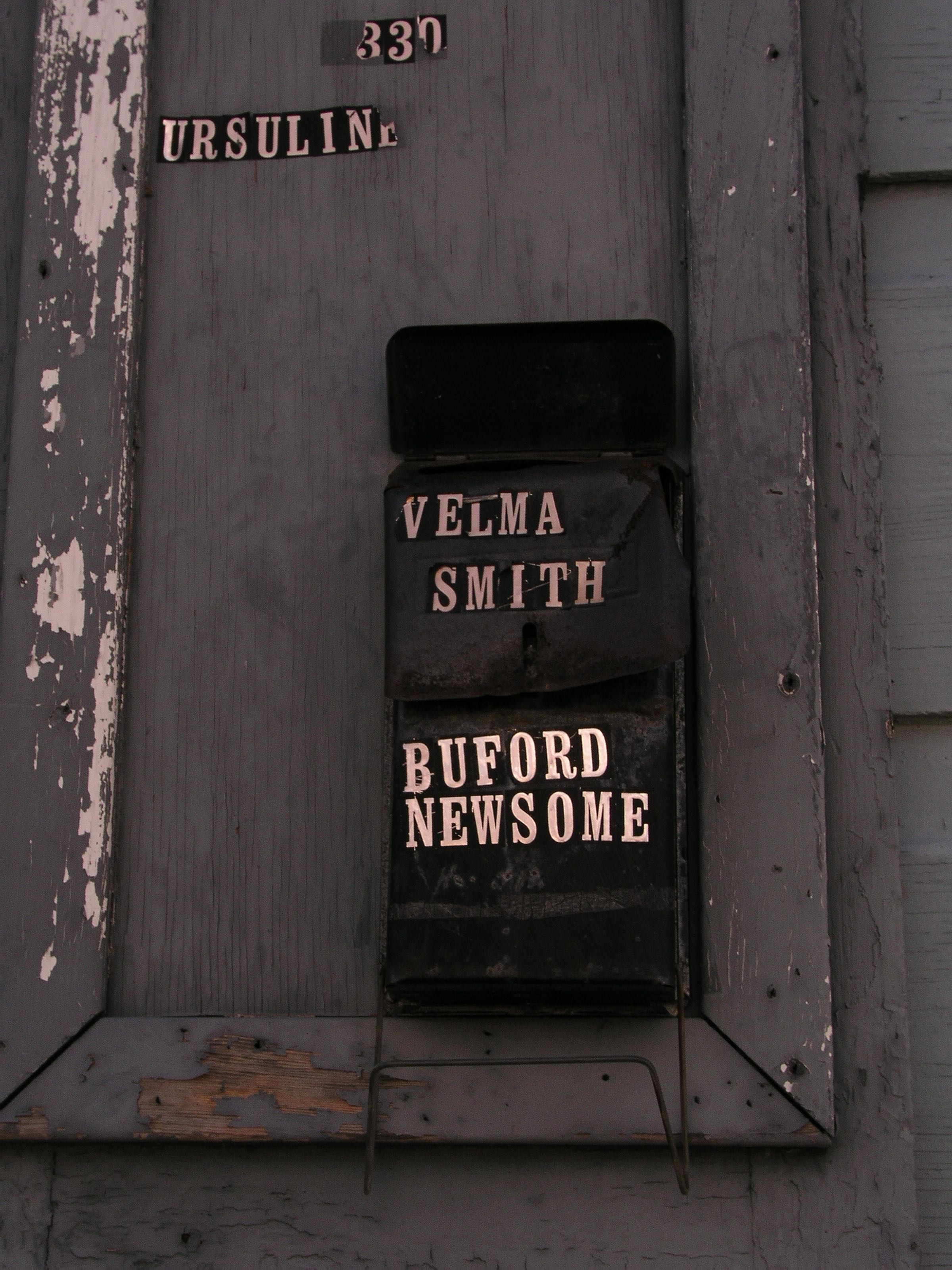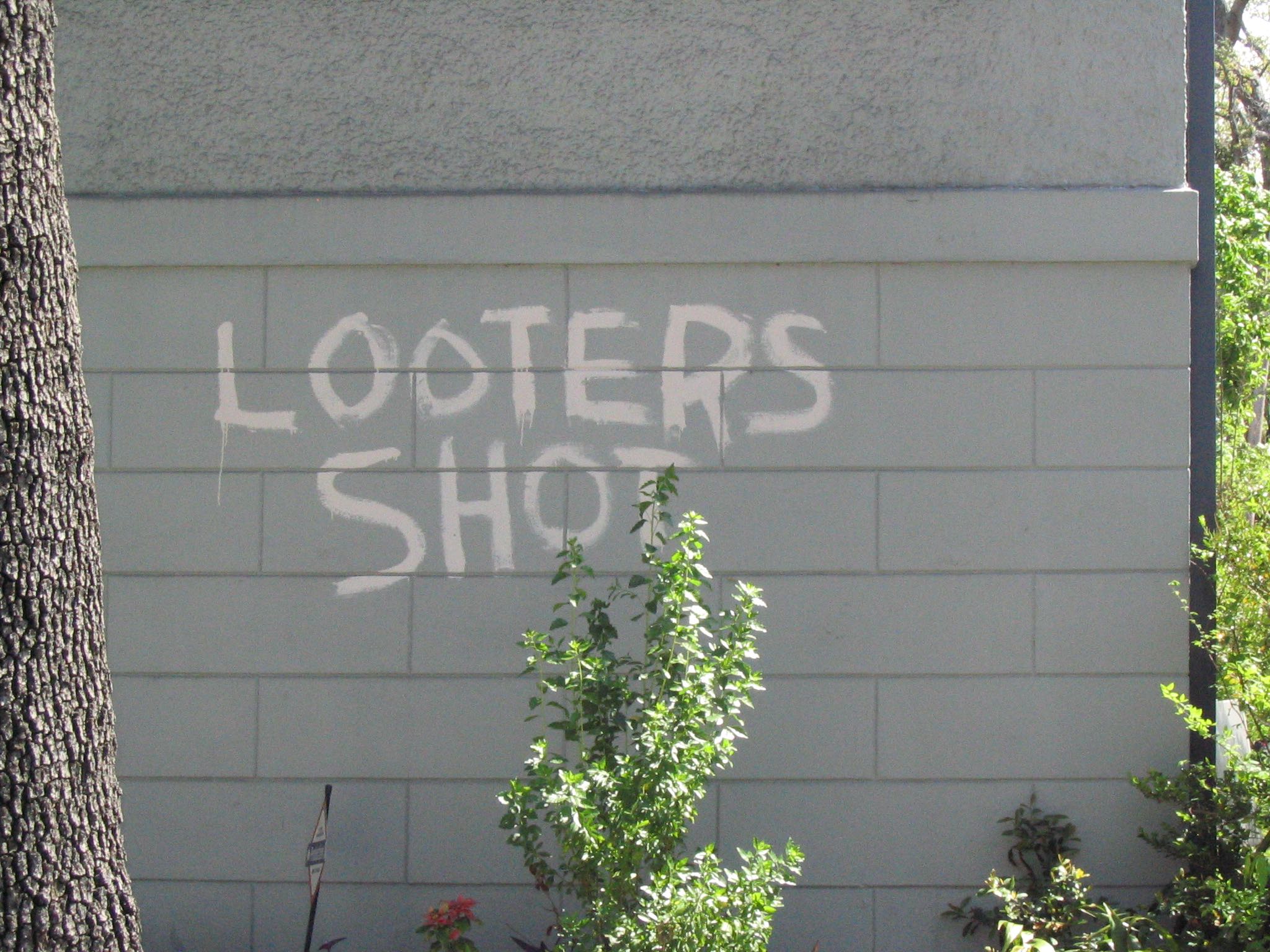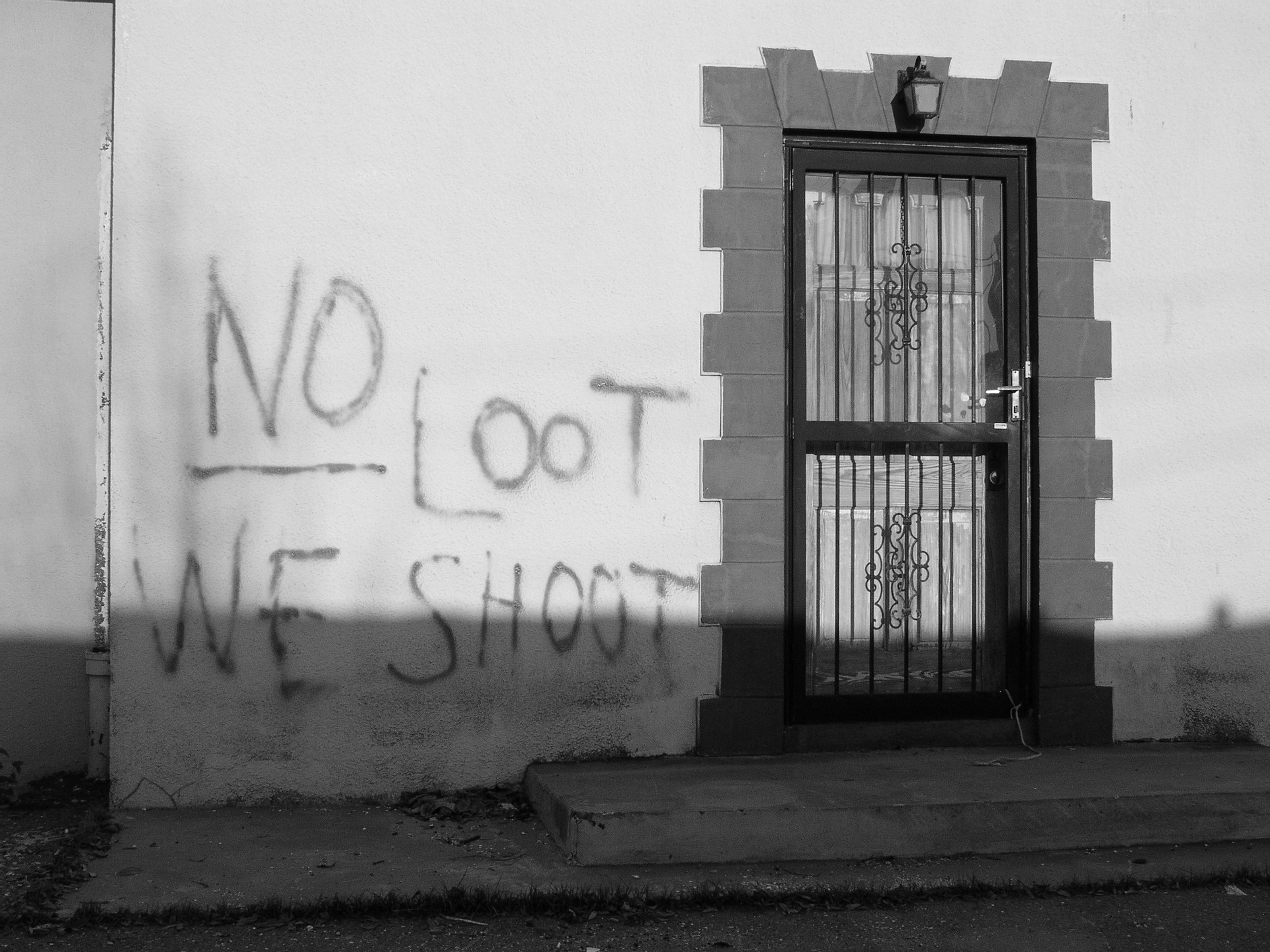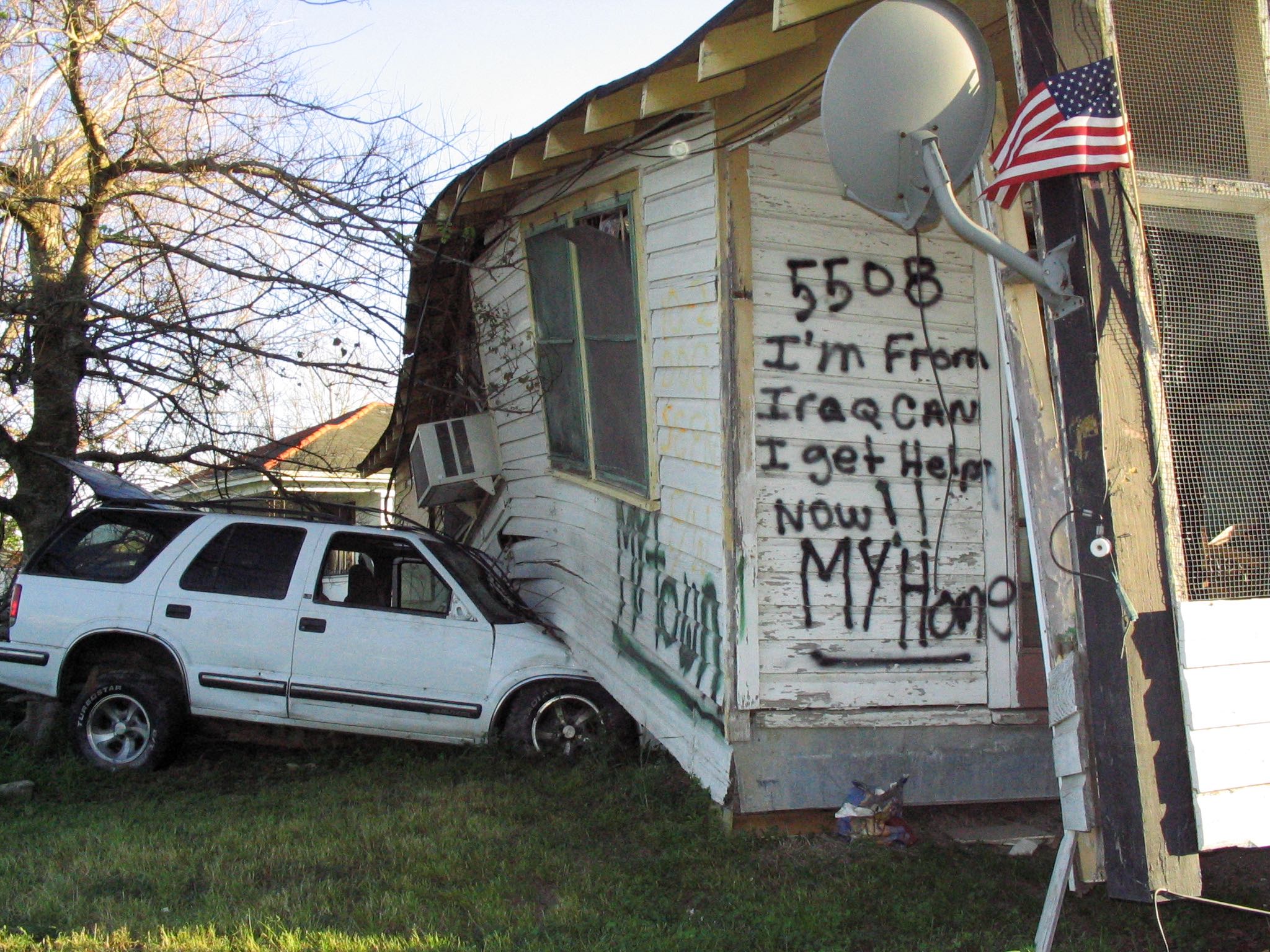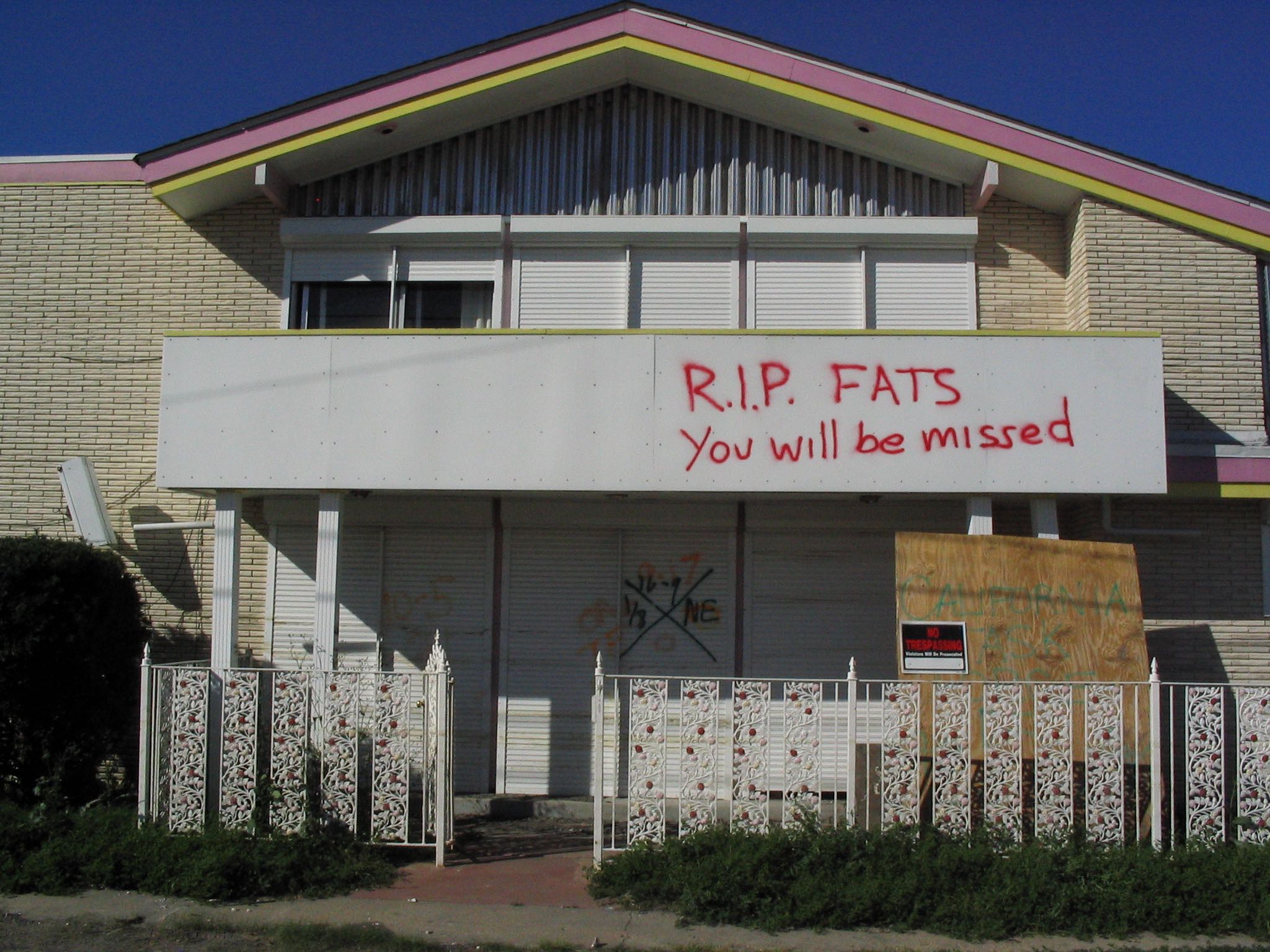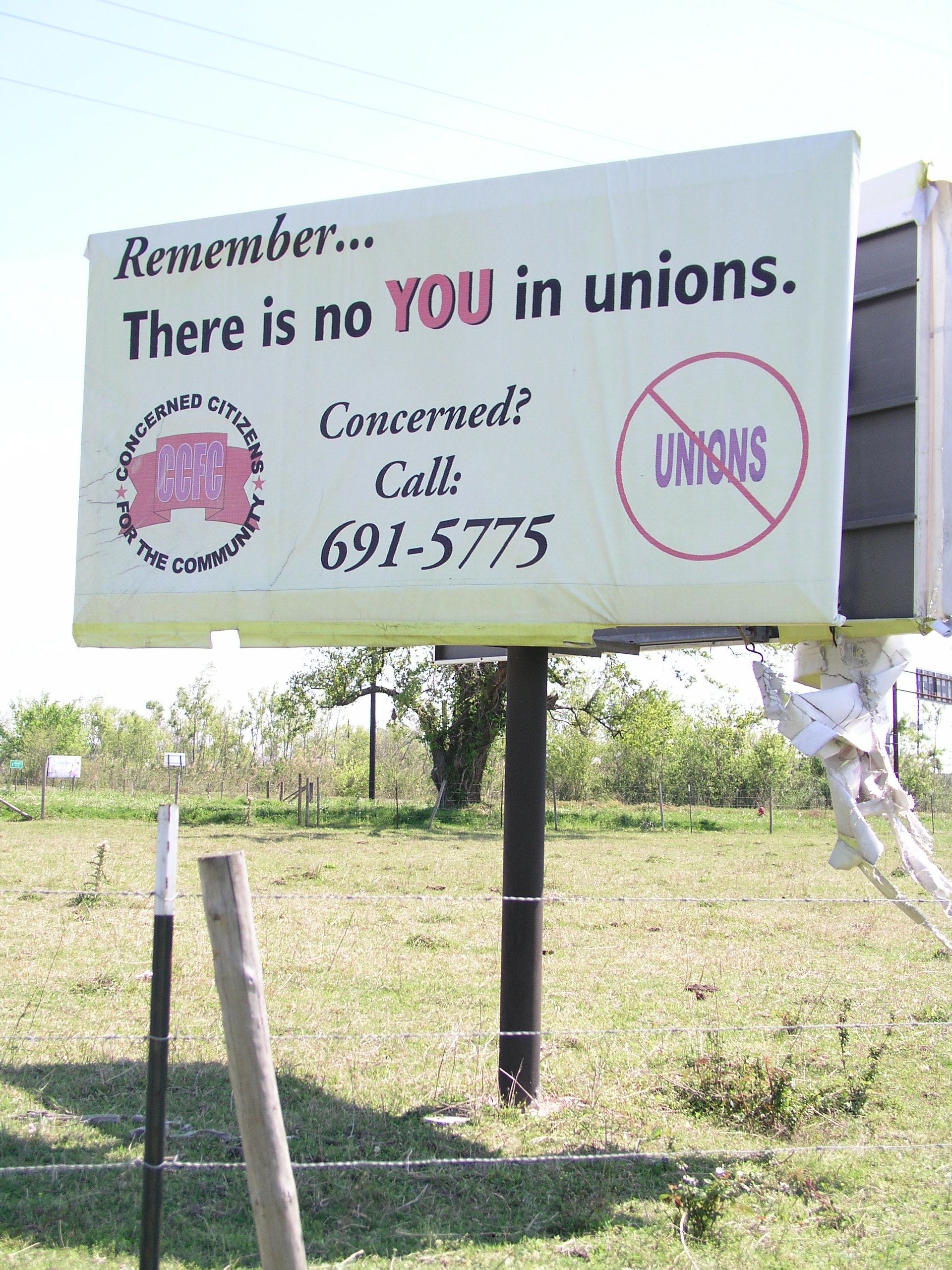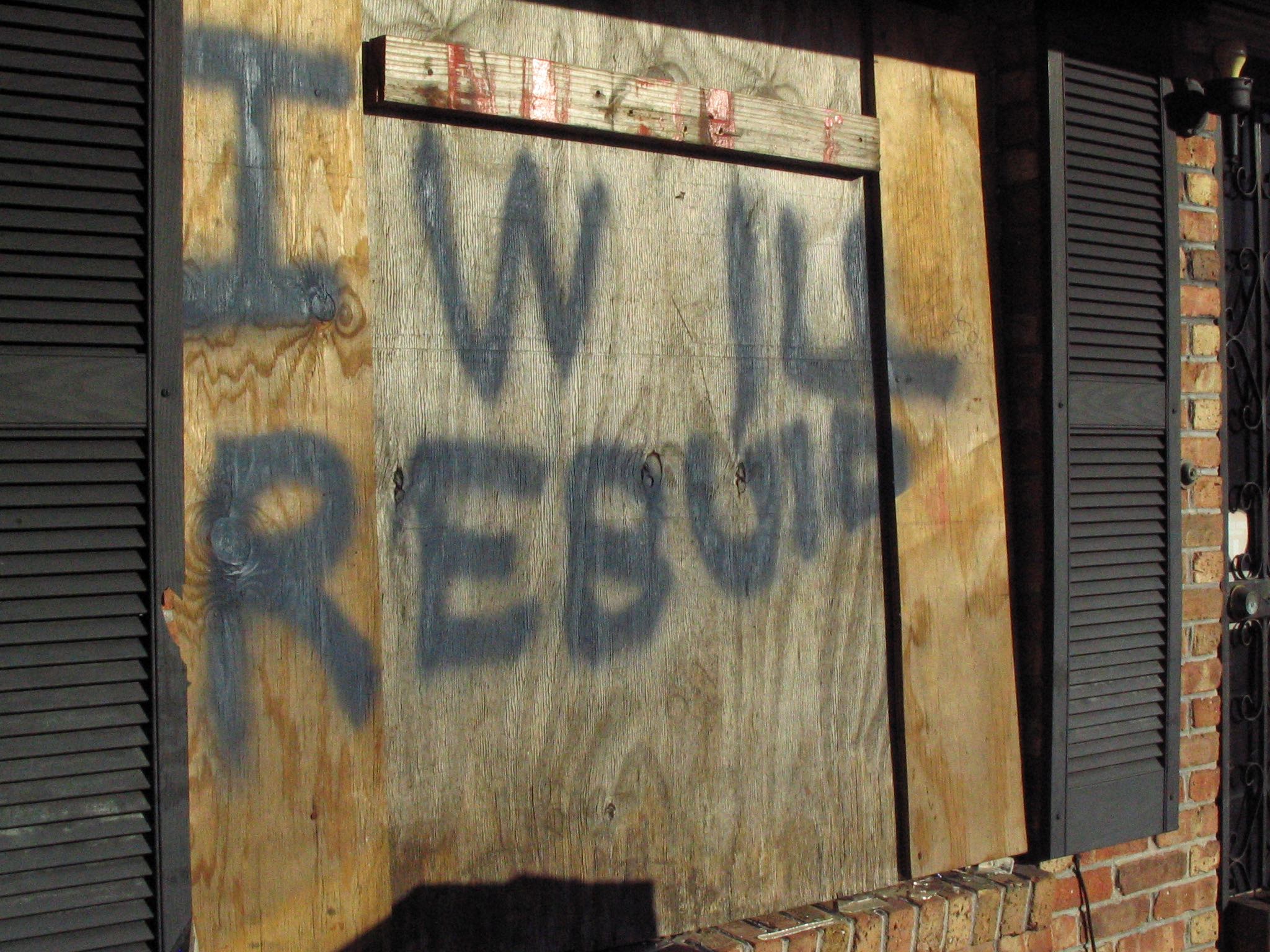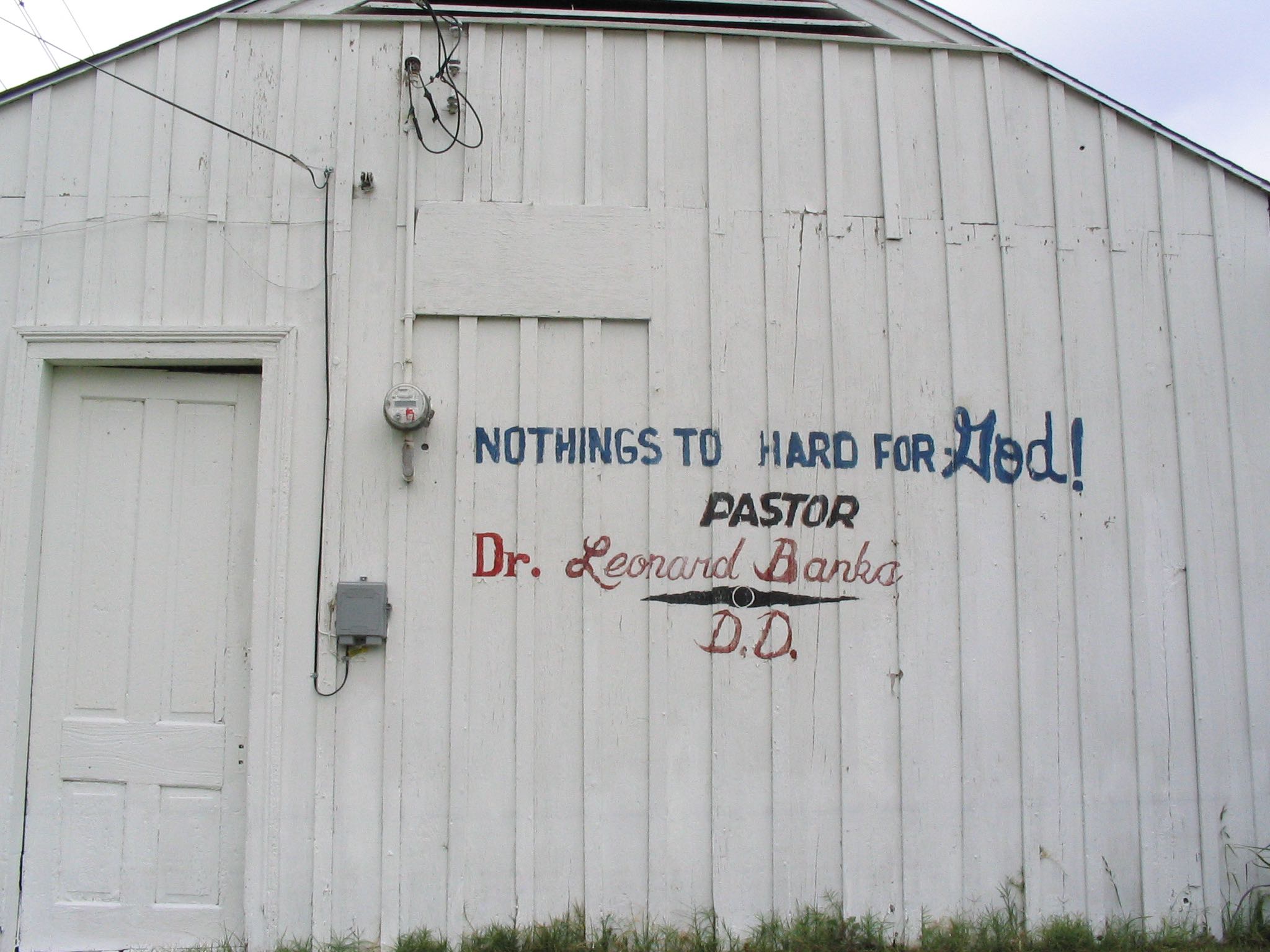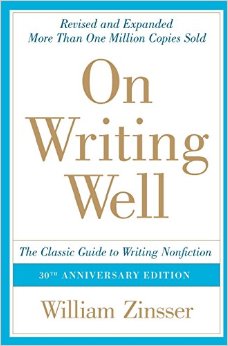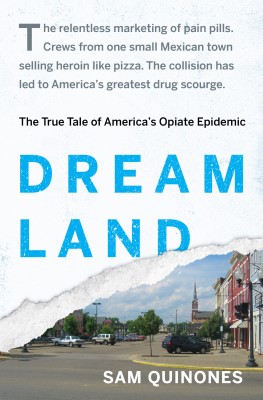In 31 years as a reporter, most of them at daily newspapers, I’ve worked with two great columnists.
One was Steve Lopez of the LA Times. The other was Mike Fitzgerald at the Stockton Record.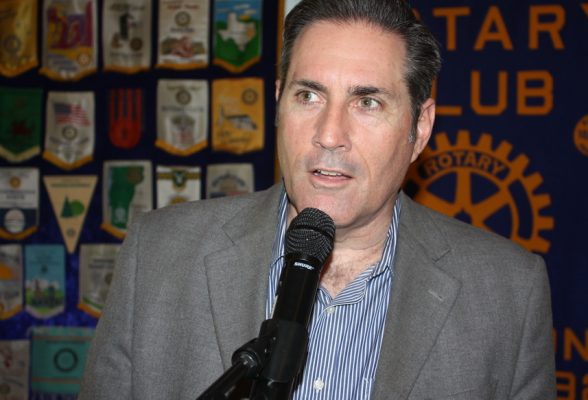
Mike retires this week, after decades on the job. Here’s his final column.
Great columnists possess one common trait: They’re all newspapers reporters at heart. They sometimes opine on the day’s news, but they usually leave 24-hour news punditry to others.
Instead, what they most believe in is going to talk to the neighbor, the cop, the pastor, or the taco truck owner. Reporting, true and straight. Nothing like it for burning away crud and getting to a joyous kernel of veracity.
That’s what Mike has done as a columnist. He combined that instinct with a deep knowledge of his native town.
Today, awash in the sewage of 24-hour news, we too often confuse columnists with pundits. They are not the same – at least the best columnists aren’t.
The best columnists help you understand where you live, often by pointing out the tiniest corners of the town that you realize only later that you were dying to know about. Mike did that.
It’s not that they don’t have opinions. Columnists’ job, in part, is to have opinions. But these opinions should be based on the relentless collection of facts, not on ideology. Mike did that.
Sadly, we Americans prize pundits, who are cheap, as everyone has an opinion; we don’t want to pay for columnists and thus we are poorer for it. We have too many of the former and one less of the latter today.
Mike and I met when I began my stint as the Record’s crime reporter. He took me around to meet the cops and others that would make up my daily rounds for the next four years (1988-92). That first night we drove to south Stockton where a car had plunged through a house and landed on a woman sleeping in her bed. I’d never known that to happen, but in Stockton I covered another dozen of those.
In a year or two, they made Mike a columnist. We sat across from each other for a couple years, as he churned out terrific snapshots of the corners of the town, of its politics, its neighborhoods filled with Cambodians, Sikhs, Michoacanos, blacks, and the whites of north Stockton and east Stockton – which were then two separate planets.
We covered the horror of Cleveland School together, where a drifter showed up in January 1989 with an AK-47 and killed five kids and wounded 30 more.
We were part of a staff then that I believe the best I ever worked with – young reporters, eager to cover the world, growing with experience, and set loose on a town that was full of stunning, beautiful, crazy, terrible stories.
Mike and I got along because we recognized in each other a kindred spirit: we were both born to be reporters. We’d have been miserable and failures in any other profession.
It helped Mike, too, to that Stockton is one of the great American cities. Integrated, roiling, common-sensical, a lot of problems and a lot of heart.
As Mike writes: “It’s the drug addict in recovery. The Hmong in adult education class. The millennial who wants to live in a high-density downtown community. Filipinos digging out their history to restore their lost narrative.”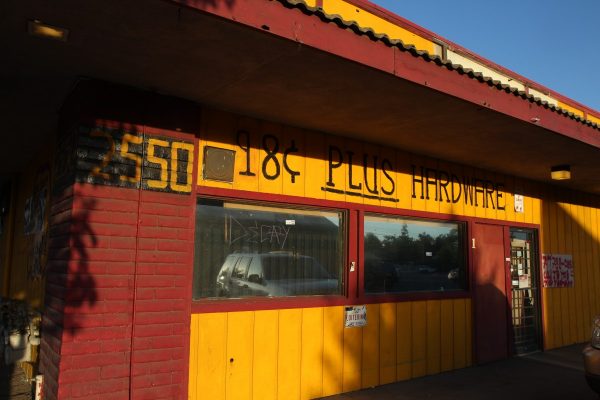
Mike got out of the office and told their stories and many more. That’s what great columnists do.
Great columnists keep at it. Mike did that, too. (Read some of those columns here. )
My feeling is that Stockton will miss Mike Fitzgerald a whole lot.
As that feeling grows, meanwhile, I just wanted to say, from one newspaperman to another, thanks, Brother Mike. You done great! -30-

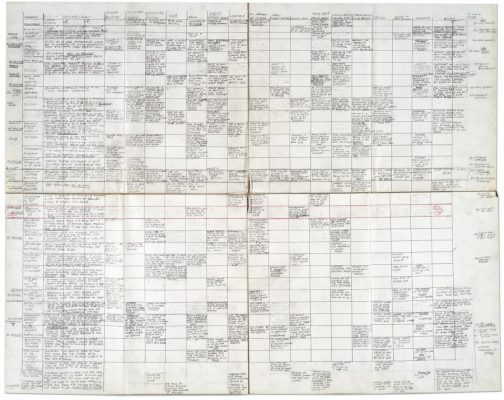
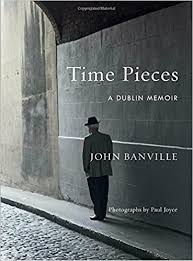
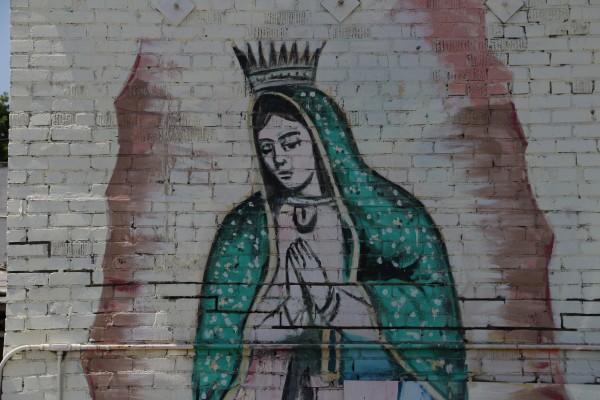
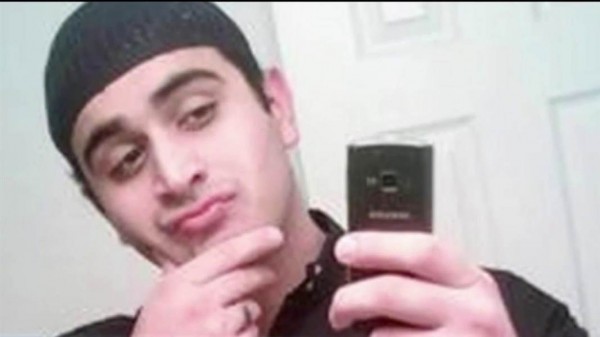
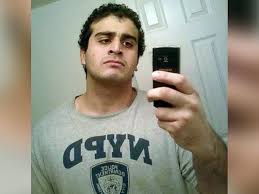
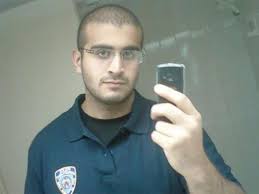
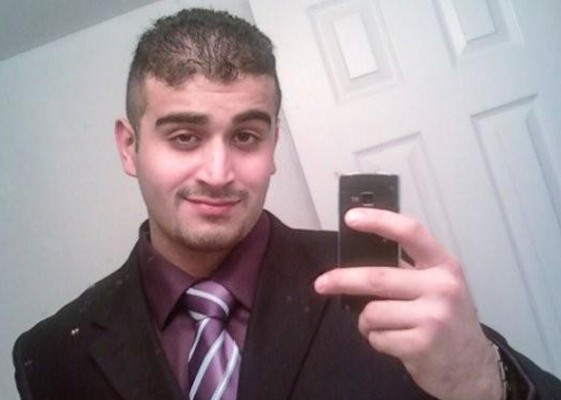
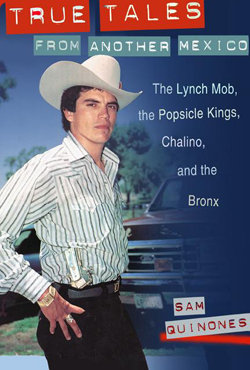

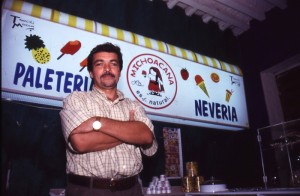
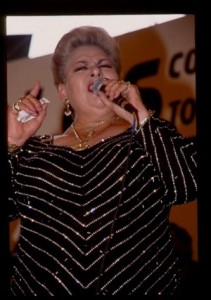
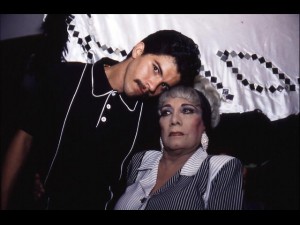
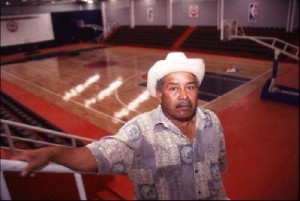


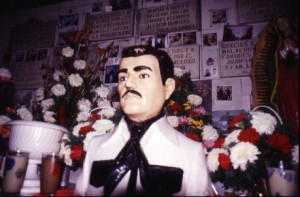
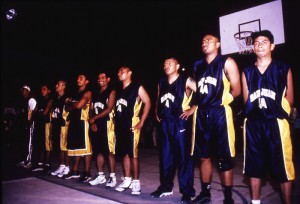
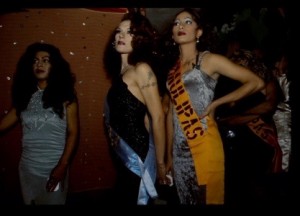


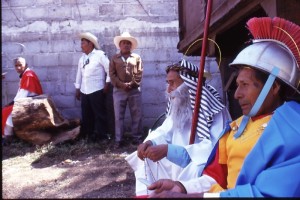
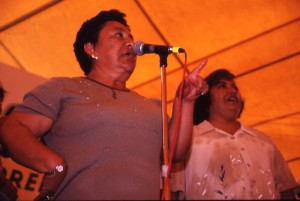
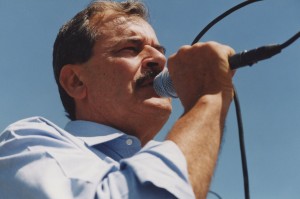

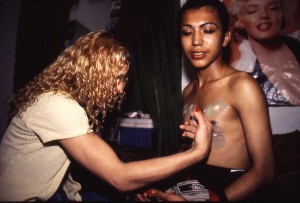
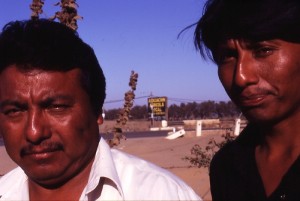
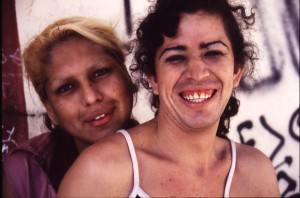
 This comes from interviews with many recovering addicts whose lives were saved by being arrested, by going to jail and facing prison time.
This comes from interviews with many recovering addicts whose lives were saved by being arrested, by going to jail and facing prison time.